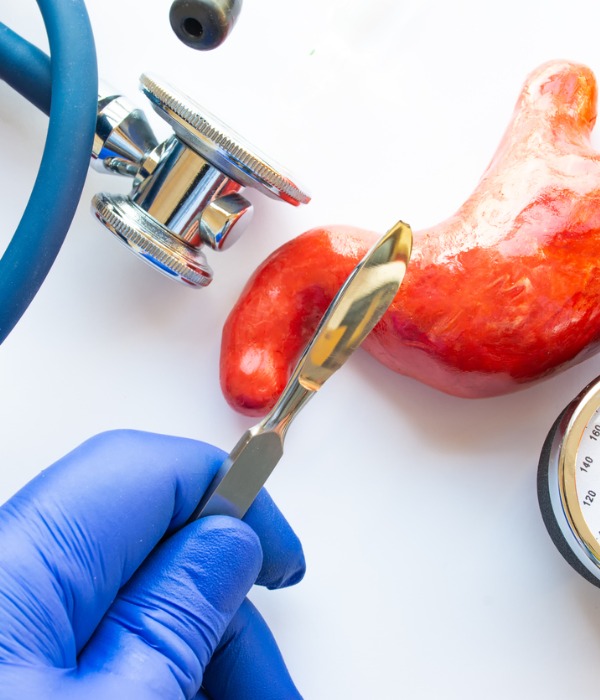Bariatric Surgery
Definition: Weight loss surgeries such as gastric bypass are collectively called bariatric surgery. These surgeries make changes to the digestive system to aid in losing weight.
Bariatric surgery is recommended when exercise and diet were not effective in weight loss or if you have serious health conditions due to weight
Some procedures can limit the food intake and others reduce the ability of body to absorb nutrients and some do both
After surgery you have to make permanent changes to you diet including healthy food and continue an exercise regimen


